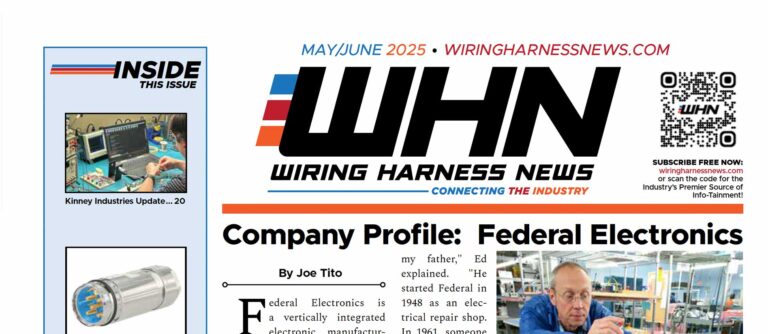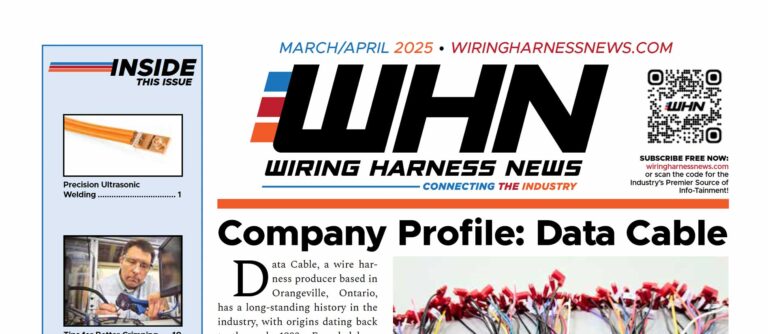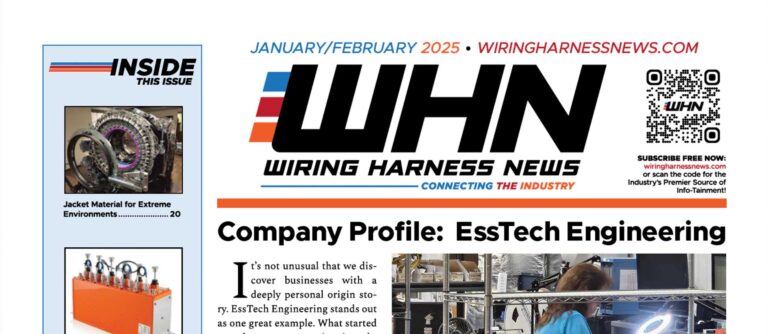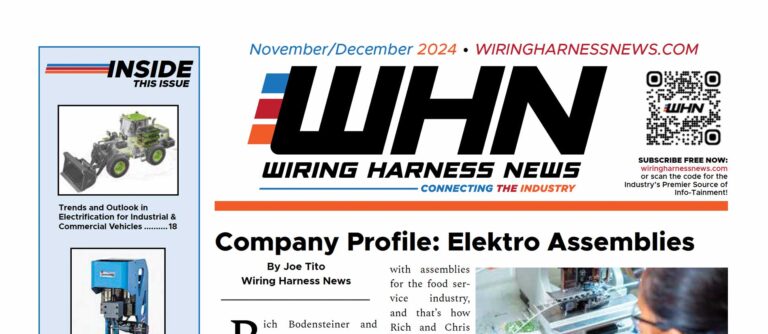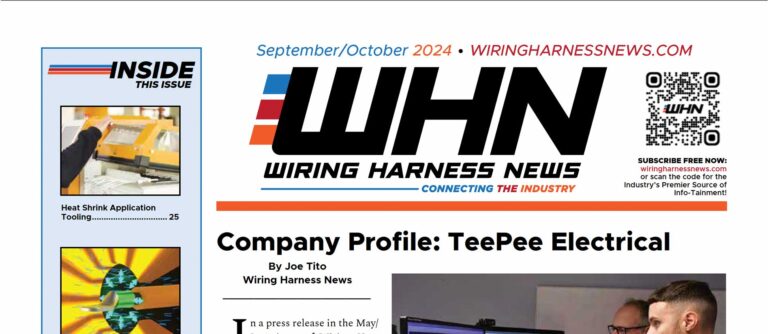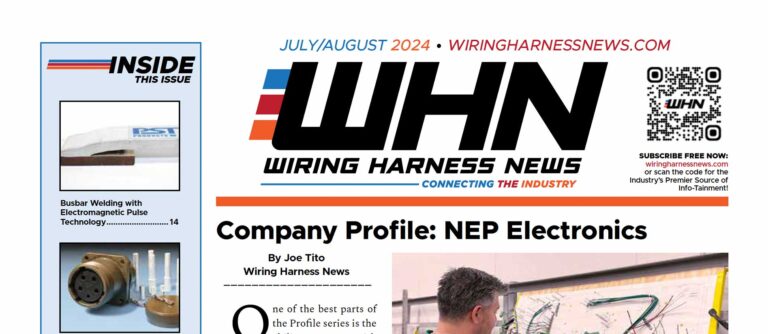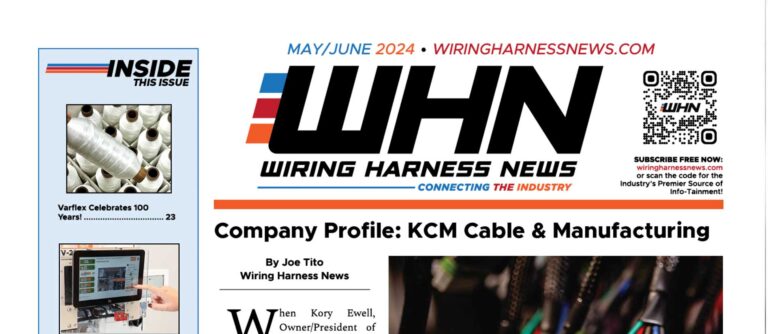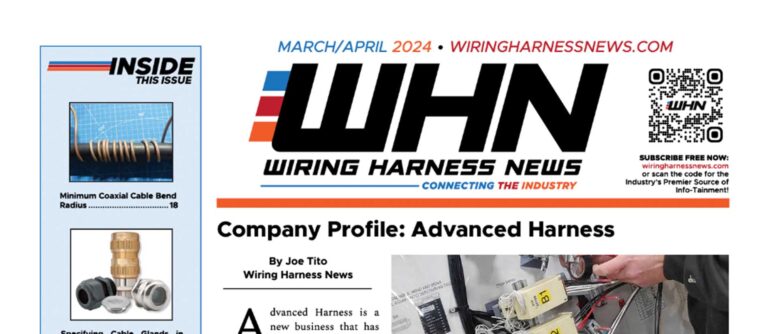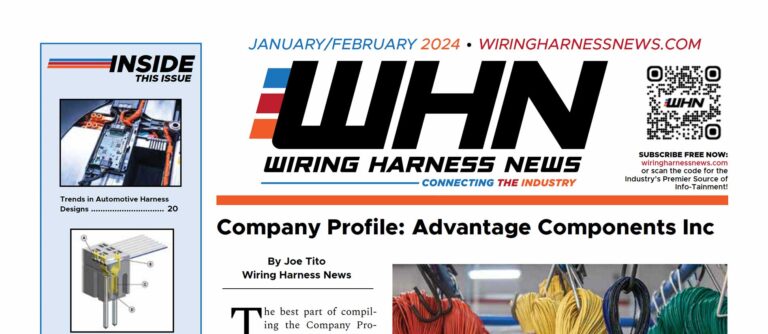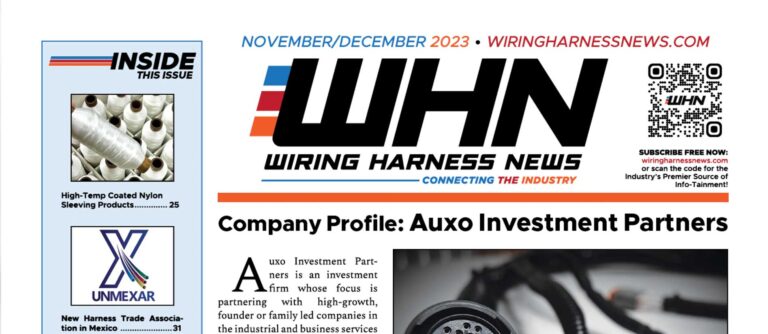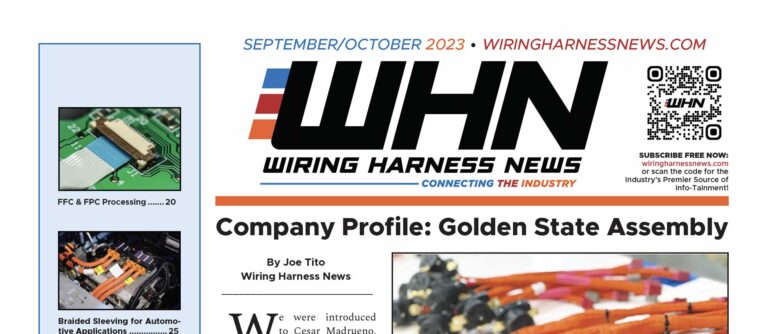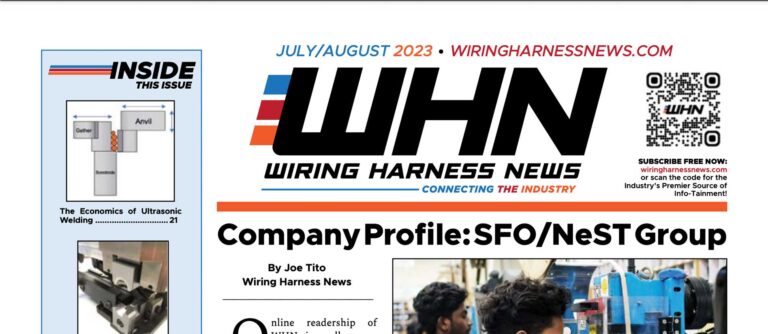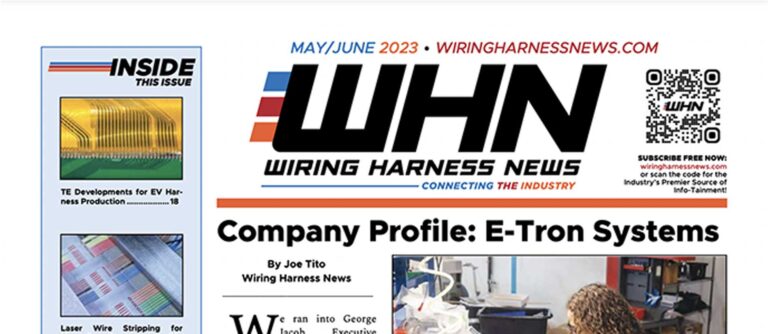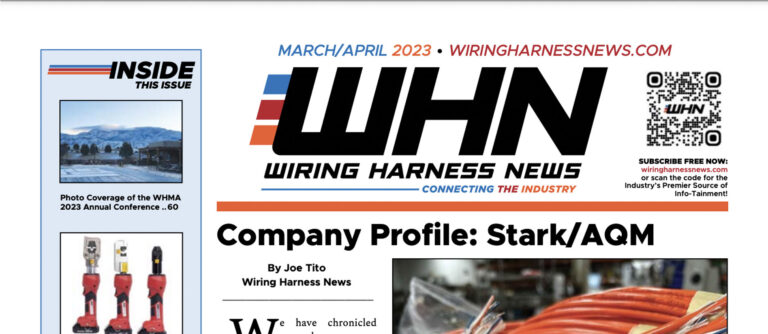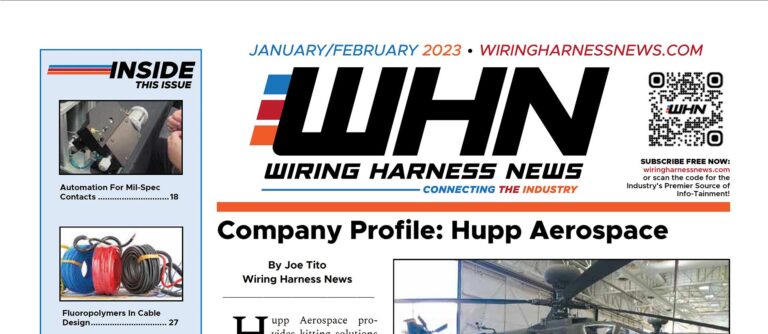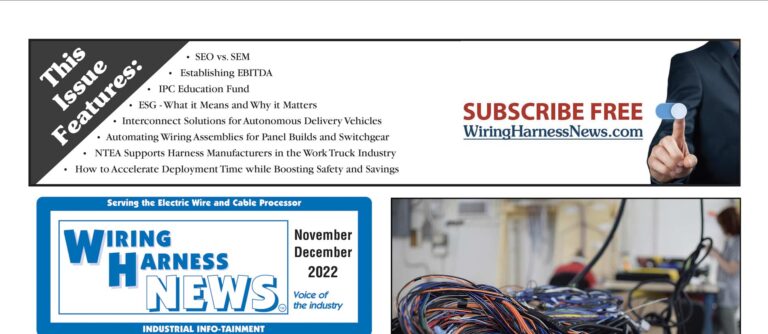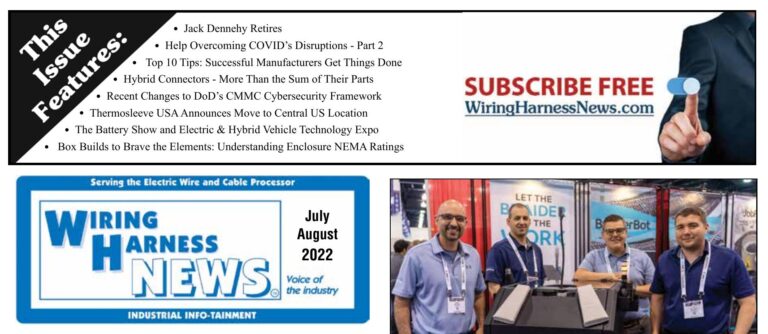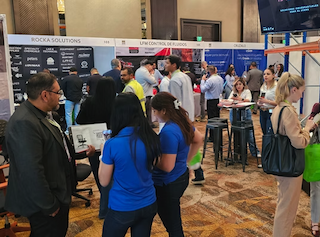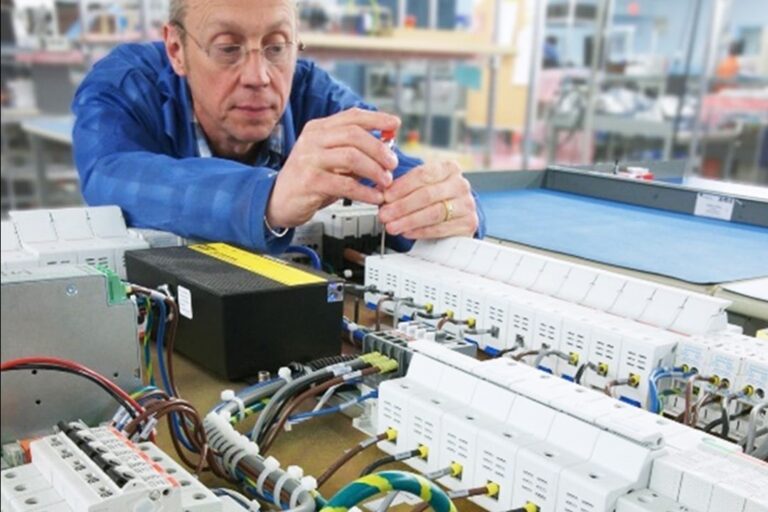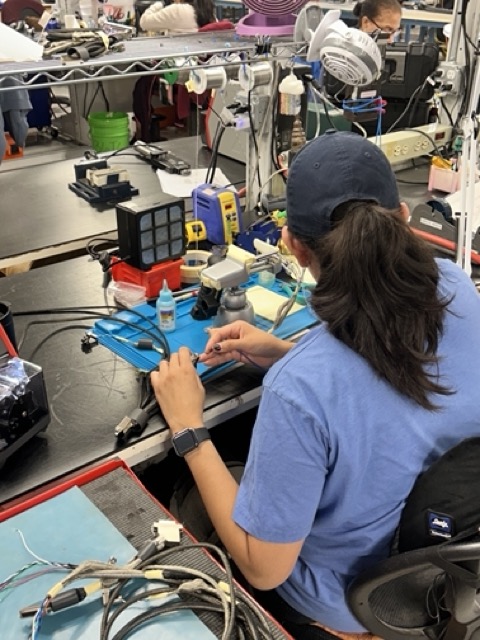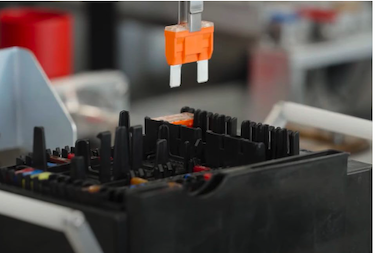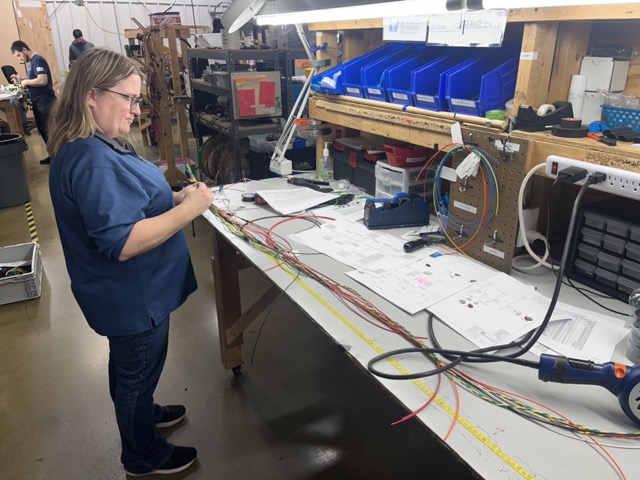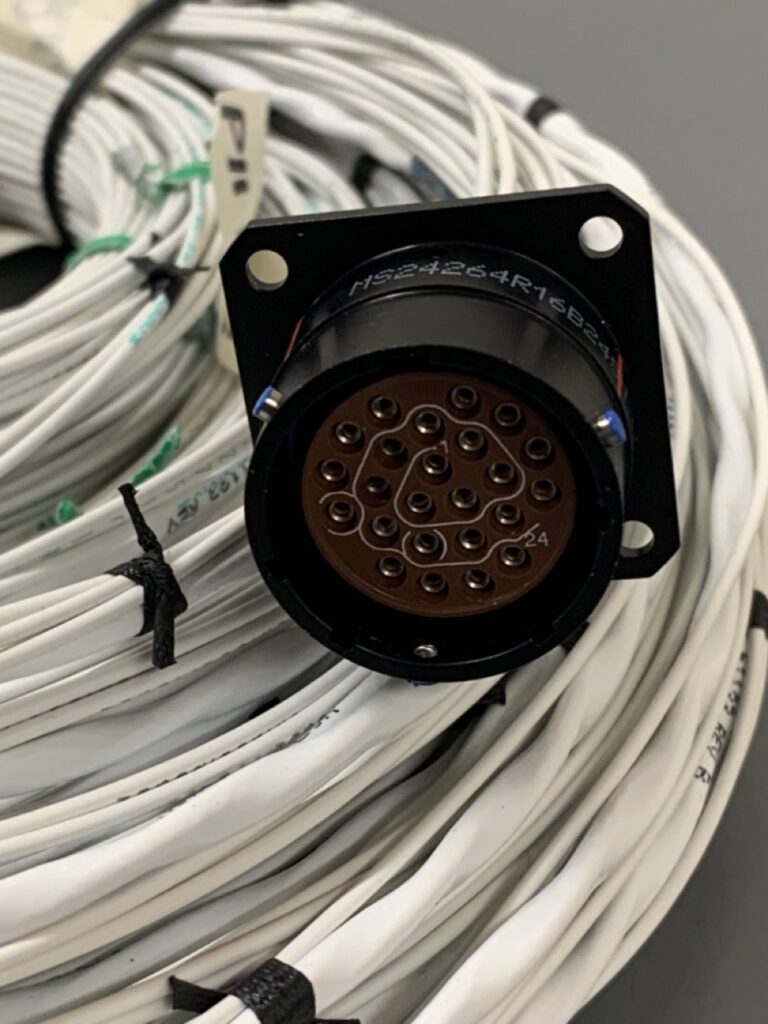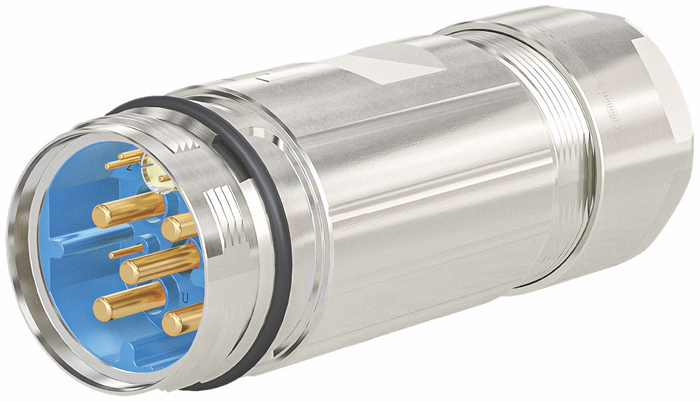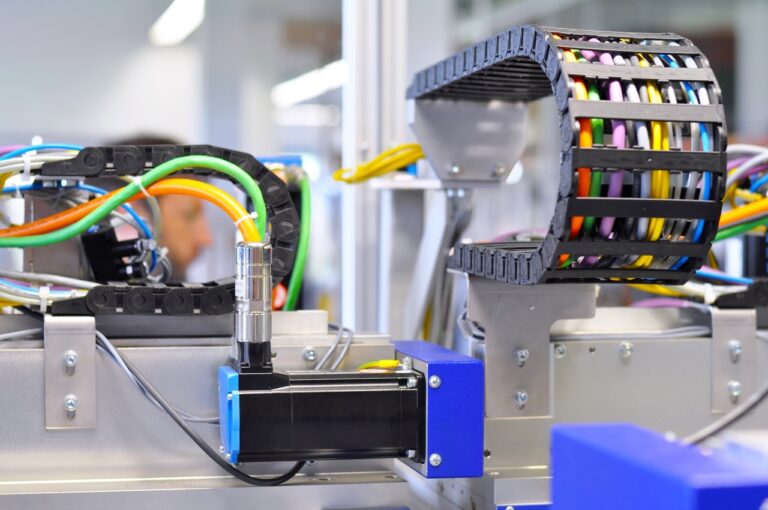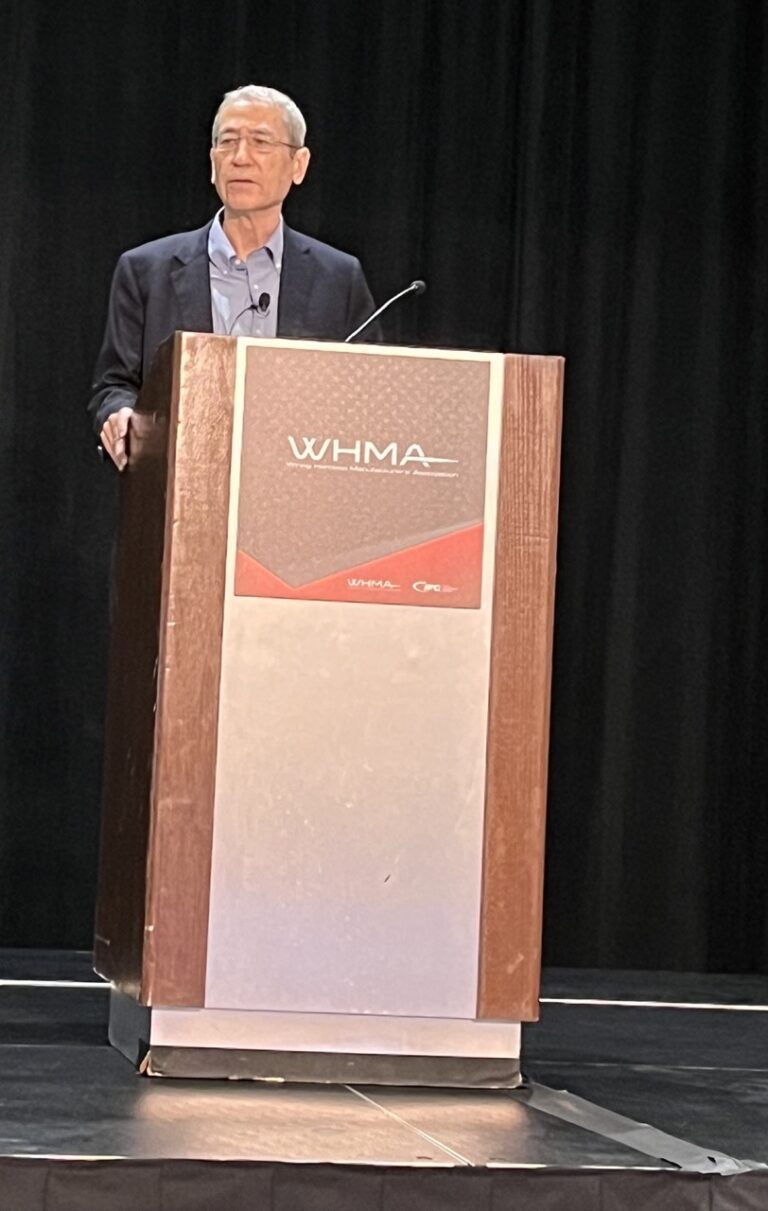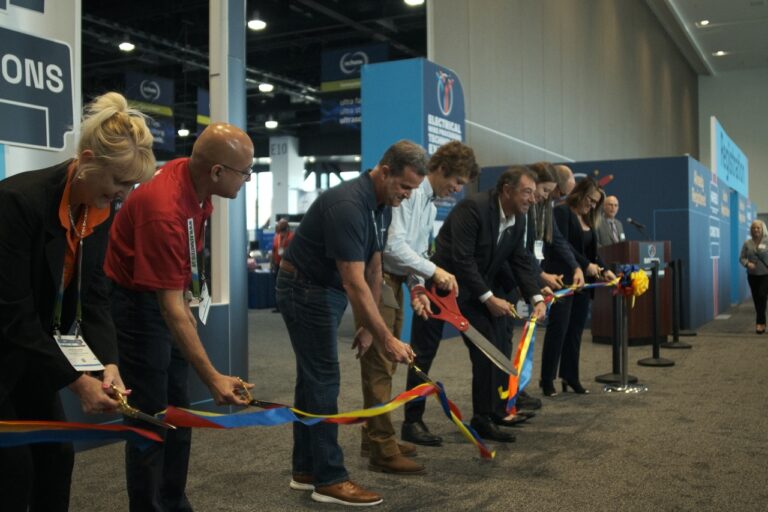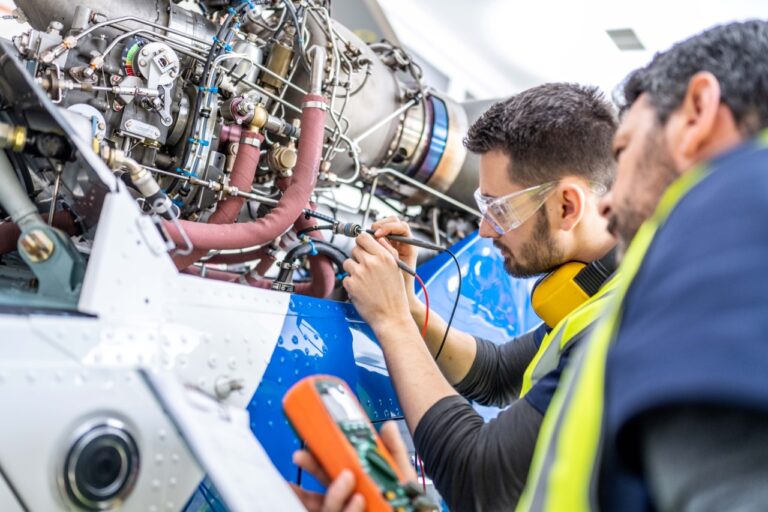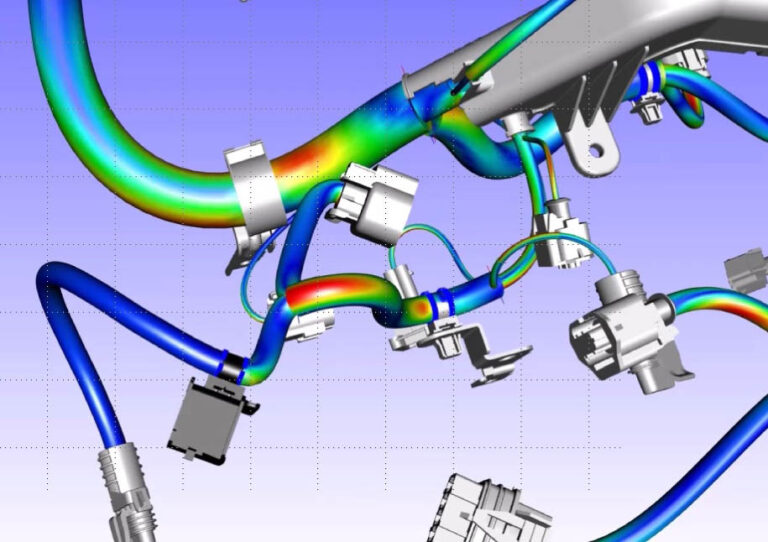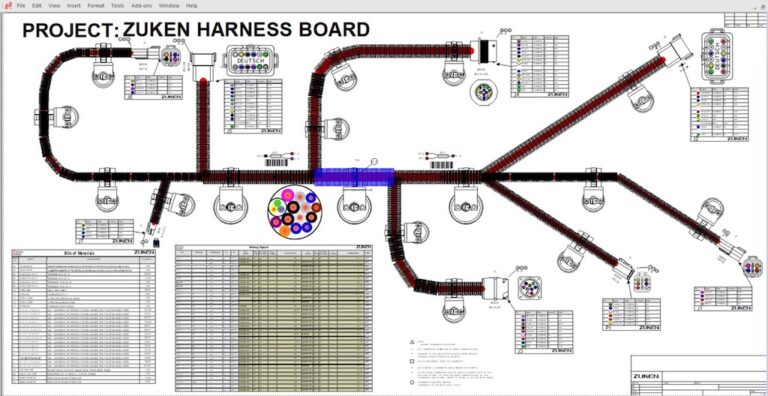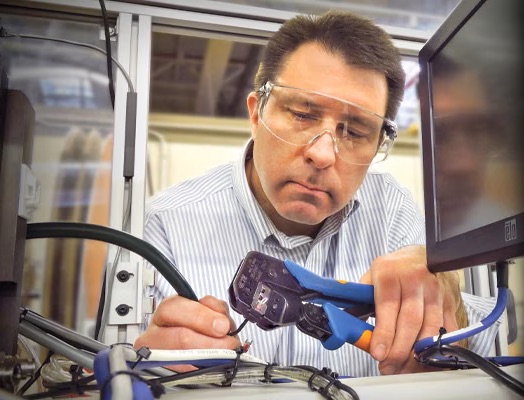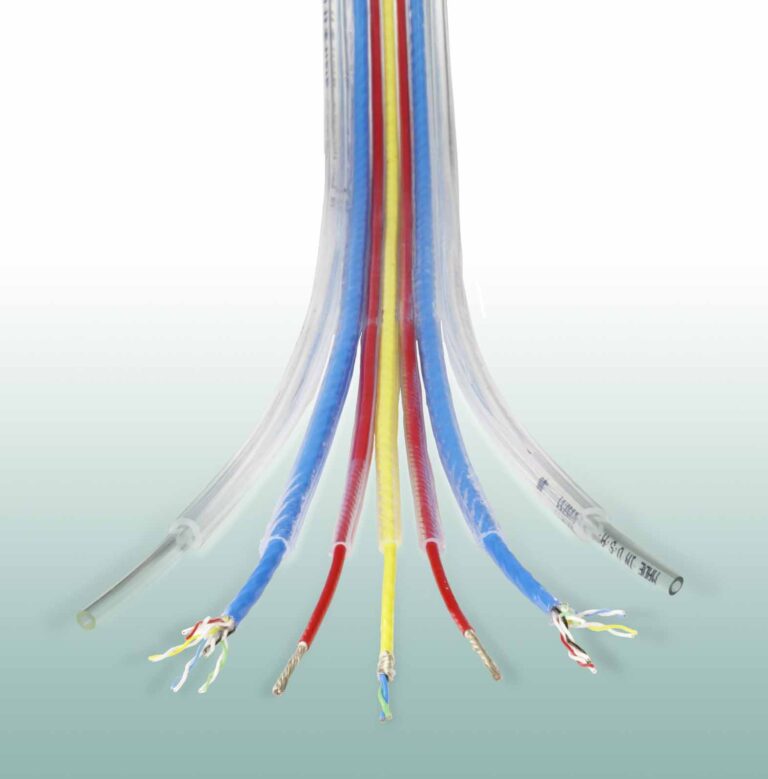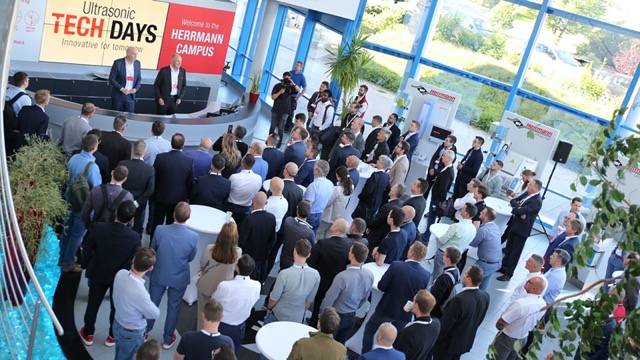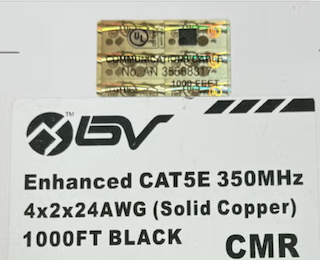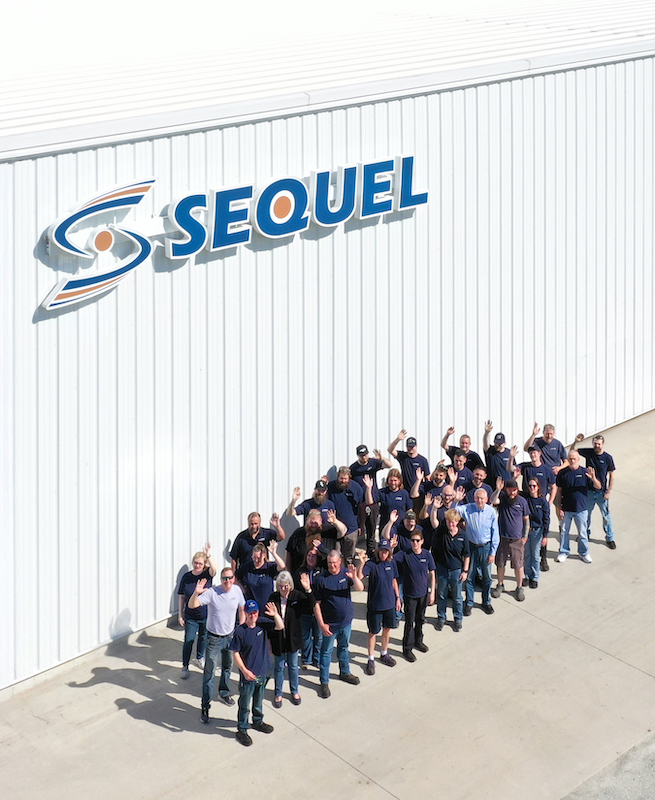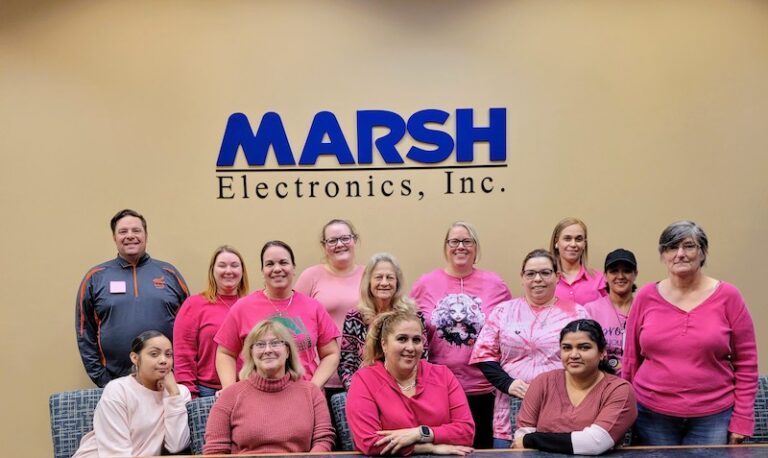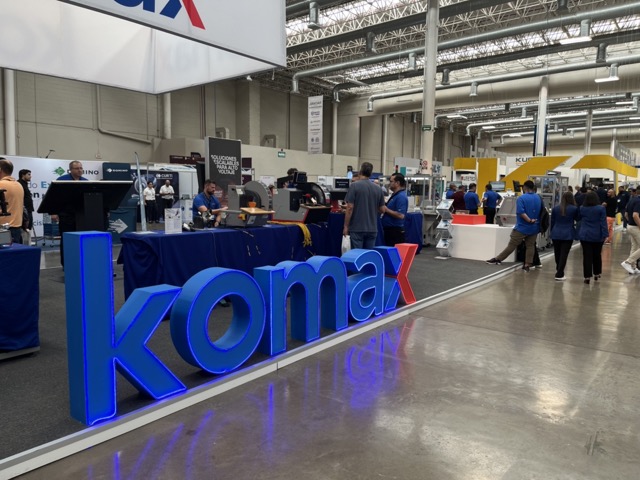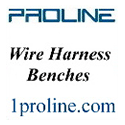Company Profile: American Syscomptel Inc.
Doug Chowning sees his business, American Syscomptel, Inc. (ASI) in Forsyth, MO, as fairly typical among his counterparts in the industry. They have a fairly broad spectrum of customers, and enjoy playing in the low volume/hi-mix arena. But Doug is no typical guy, and ASI certainly had an atypical beginning. Doug told the story in a recent interview with WHN.
Forsyth is a small town of about 2,200 residents located in the southwest corner of Missouri. But the story actually begins in the even smaller town of Green City, population 700, in the northern part of the state.
It’s the early 1980’s, and Pastor Jim Rardin is looking out at the congregation in his rural Missouri church, and seeing a lot of suffering. Folks are out of work and there just aren’t enough steady, decent paying jobs for his congregants to make ends meet. “They just needed a way to earn a little extra money to keep their farms and houses,” Doug told. Pastor Rardin had the idea that if he could cobble together a pool of these reliable locals, he could find a way to sell their labor in the marketplace.
Conferring with a church member who worked for one of the local Baby Bell companies, he discovered the need for a steady local source for telephone line cords. They bought some equipment and began producing and selling cords to the small phone companies in northern Missouri. Ironically, it was about this time that Gary Chowning, Doug’s father, picked up a copy of Rural Electric Magazine and read an article about Pastor Rardin’s noble and successful efforts.
Fast forward to 1988, and Gary is greeted by a new pastor at his local Methodist church. The name and the face seemed familiar. After a discussion, Gary discovered it was the pastor he read about in Rural Electric Magazine a couple of years previous. Seeing a similar need for steady employment in southwest Missouri, and not enthralled with his vocation in real estate, he approached Pastor Rardin about starting a similar venture. “The pastor explained that this was a much bigger church with more responsibilities, but he would help my father set it up,” Doug said.
That was the genesis. Gary made some sales calls from Kansas City to Springfield and got some customers. At that time, they were really just selling labor. “It was mostly assembly of small electronic parts that got snapped together. It had to be done by hand as there were no machines to do it, and that’s where it began in 1988,” Doug detailed. This is also the time Doug graduated from the Air Force Academy, and began his 30-year career in the Air Force. More on that later.
Not long after, one of their customers asked if they could cut and strip a small length of wire. “ASI didn’t even have a machine to do it,” Doug noted, “but the customer guaranteed we would be able to pay for the equipment over a three-year period.” And so, began the wire harness business.
ASI continued to network labor efforts with the facility in Green City, but with no one there to run it, it began to wither, and subsequently closed in the late 90’s. “Eventually, the phone business came to Forsyth, but that business, along with some of the other assembly work, began to dwindle as the wire harness business began to grow.” Doug asserted there was no strategic plan to take the business in that direction. It was really driven by the needs of the marketplace and ASI’s growing proficiency in wire processing. “We haven’t even made sales calls since the late 90’s. It’s just been word-of-mouth, customer referrals, or current customers bringing us new opportunities.”
Doug was a little unclear on some of the exact dates in his chronological description of ASI’s history, and there’s a good reason for that. In 2002, ASI suffered a massive fire destroying everything. Ironically, the electrical fire burned the building on a Sunday. “On Monday, my father ordered more wire, a new wire cutting machine, and cleaned out the local Sears of tools.” By Wednesday they were again shipping the first assemblies from a nearby temporary facility. “Within 2 months a new building was in place, literally on the ashes of the previous building, and we are still in that building today,” he proclaimed.
Doug Enters the Business
As previously mentioned, Doug is not an ordinary guy, and he didn’t follow a typical career trajectory towards owning a harness business. Upon graduating from the Air Force Academy, he quickly earned his wings and became an instructor pilot in the T-37. He continued his career as a command pilot in the C-130, and logged more than 3,200 hours in both the U.S. and Italian Air Force as an exchange pilot. At the time of his retirement, Col. Doug Chowning was the chief of Joint Staff Integrated Vulnerability Assessment Team, Defense Threat Reduction Agency.
“I retired in 2014 and needed something to do,” Doug recalled. “I’d lived in Hawaii and Italy and some other nice places, and I wasn’t planning on coming back to Missouri.” But a visit home changed his thinking. “My father was in his 70’s and wanting to dial things back, and I saw the opportunity to do what I loved in the military; which is operational planning, and leading a great team.” So Doug chose to step in and take the reins of the business and continue Gary’s mission. “My father is still here, and even though he doesn’t get involved in many of the day-to-day operations, he is still my senior mentor, and it’s good to have him around.”
Doug has kept the notion of providing jobs in his rural community central to the mission. “That’s what we’re really all about here,” Doug explained. “We were never affiliated with a church, but the idea was born out of a church. More specifically, it was born out of the need in a small community for people who needed a job, and the same thing happened down here.” Another challenge in southwest Missouri is the seasonal nature of the entertainment hub in Branson, where jobs come and go. “Those jobs might pay well for a few months, but then they go away,” he explained. “What we offer is a steady job at a fair wage.”
Today, ASI has about 50 team members at the facility, with another 10-20 doing take-home assembly work at any given time. Interestingly, the customer who supplies the parts for the take-home assembly work is one of the original customers Gary Chowning secured in the beginning.
Their current product mix tends towards the appliance, automotive, agricultural and oil & gas markets. “We do a wide spectrum of things with the exception of the very high-end aerospace and medical applications,” Doug detailed. Because they are in a low-cost labor market, and have relatively low overhead, the company is able be very competitive on price. “We don’t have a big engineering staff, and we keep a close eye on cost,” Doug emphasized, “because we are competing not only with others here domestically, but also Mexico and other places.”
Recent efforts at ASI have actually pulled some opportunities out of Mexico and overseas. “Some companies want to regain a level of control on their suppliers. They are finding that we are price competitive and can do a really good job for them.” In addition to the traditional harness shop capabilities, ASI also does some kitting and box builds.
ASI relies heavily on the IPC/WHMA A-620 work standard. That has been a priority for Doug since he entered the business, and attended his first WHMA Conference. “It’s become so important and central to what we do, that we now have an in-house instructor who teaches classes here. It will be a long process, but our goal is to get everybody in the building certified.” The company is also UL and CSA certified. “We haven’t seen the requirements for ISO yet, but I’m sure that’s not far off.”
When asked what makes ASI unmistakable to their customers, Doug quickly mentioned the word, trust. “They tell us the number one reason they do business with us is that they trust we are going to do the right thing, that we are flexible, and will respond to them where others may not. We ask questions, obviously, because the world can’t be on fire all of the time, but they trust we can be responsive to their needs when they are truly in a bind.”
ASI ships things all over, but the bulk of their business is within a state or two of Forsyth. Consequently, Doug is able to put his skills as a pilot to use in making customer visits.He was recently certified in the Cirrus SR20. “Getting qualified in the Cirrus has enabled me to be more aggressive about visiting customers. It’s been a great tool and I intend to utilize it more extensively.” Those visits are important to Doug. “I know I can do lot of good when they let me walk their factory.” He’s been able to solve many logistical problems for them, and it has occurred to him that’s what ASI is really providing. “We build a lot of harnesses, but at the end of the day, it’s just solving problems for customers.”
Doug concluded with the following remarks:
“This whole thing has been great for me. I needed something I could feel good about when I came out of the military. In the Air Force, I got to work with the greatest people in the country. It was a pleasure, a joy and an honor to be with them, and to lead them. And then I came here and found more great people. You don’t know what you’re going find when you leave the military. But I found great Americans that go to work every day and take care their families, and it’s just an equal honor to be here.”

